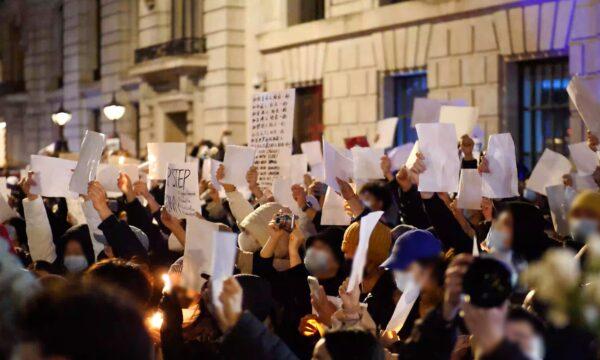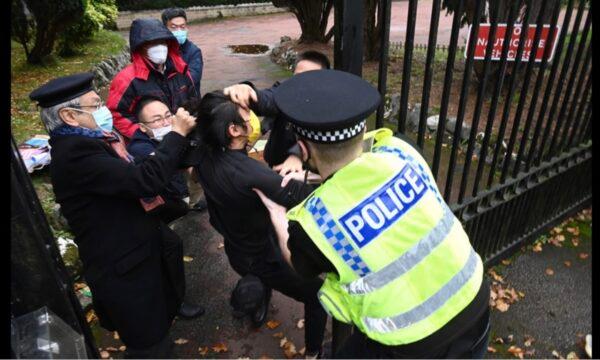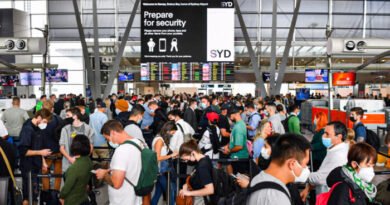Beijing Makes Renewed Effort to Relocate London Embassy and Expand by Tenfold
A new planning application was submitted shortly after the Labour Party assumed power, following the rejection of the previous application almost two years prior.
Beijing has initiated a new effort to construct a “super embassy” in London after a previous endeavor faltered last year.
An earlier proposal to transform the former site of the Royal Mint into the largest diplomatic hub in the United Kingdom was turned down by local councillors in December 2022 after protests and incidents involving Chinese diplomatic compounds.
The embassy failed to file an appeal in time last year and pointed fingers at the Conservative government for not intervening as the deadline passed.
In a letter addressed to Rikki Weir, Tower Hamlets council’s principal planning officer, on behalf of the Chinese embassy, planning consultancy DP9 Ltd. argued that the reasons for the previous plan’s rejection were unjustified and not based on planning policies.
In 2018, Beijing acquired the former Royal Mint site near Tower Bridge for 255 million pounds ($326 million).
The proposed building, designed by David Chipperfield Architects, exceeds the size of China’s current embassy in central London by 10 times.
Despite a recommendation for approval by councillors, the application was unanimously turned down on December 1, 2022, with concerns raised about safety, heritage, police resources, and area congestion.
Following public feedback that included 51 objections, citing worries about China’s human rights record and the new embassy’s impact on local heritage sites and communities.
Protests and Scandals
There were apprehensions that a Chinese embassy of high profile could become a focal point for protests, with fears from residents that the vast compound might be used as a “secret police station” by the communist regime.
Prior to the council’s decision, Chinese diplomats faced protests and scandals, including a violent incident in the UK.

Prior to the council’s decision, Chinese students in the UK staged protests backing the “white paper movement” in China, while a violent episode transpired in Manchester involving Chinese diplomats assaulting a pro-democracy activist.

The incidents occurred after Safeguard Defenders, a human rights NGO, revealed the presence of Chinese unofficial police facilities worldwide, including two in London and one in Glasgow, established without host countries’ knowledge or consent.
Missed Deadline
London Mayor Sadiq Khan upheld the council’s rejection of the Greater London Authority, as no grounds were found for overturning it.
The Chinese embassy did not appeal by the deadline of Aug. 10, 2023, pointing blame at the UK government for not intervening.
The embassy emphasized the host country’s international obligation to support diplomatic premises construction and called on the UK government to fulfill its duties.
The government reiterated that planning decisions are typically made by local councils, with the option for applicants to appeal if needed.
Regarding the new embassy application submitted on July 15, a Tower Hamlets Council spokesperson mentioned in an email to The Epoch Times that a review is ongoing, with public consultation commencing, and no committee date specified at this stage.





